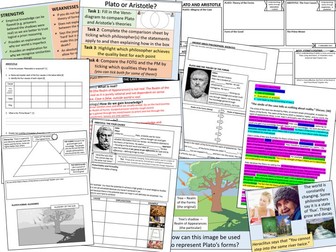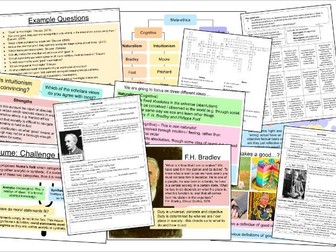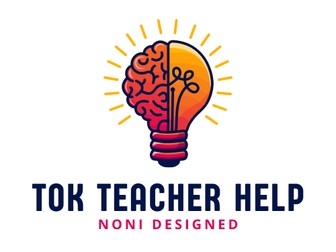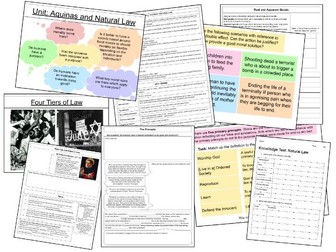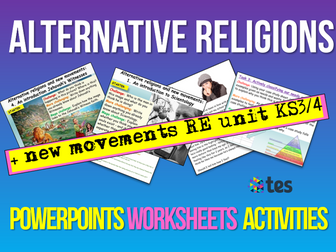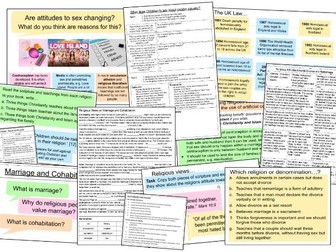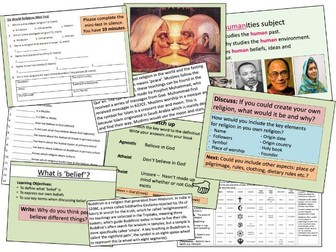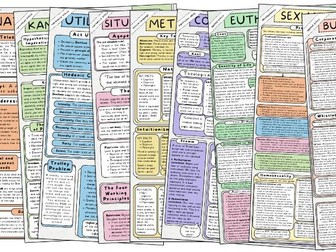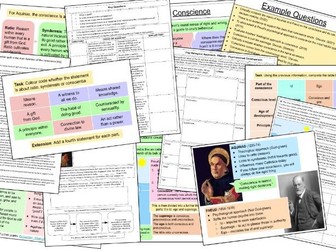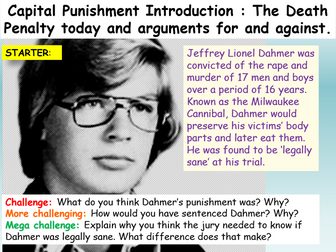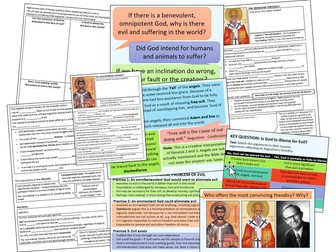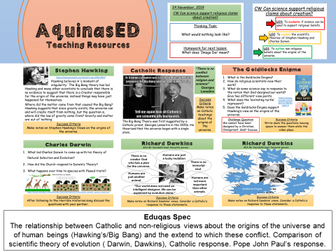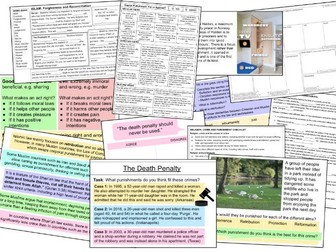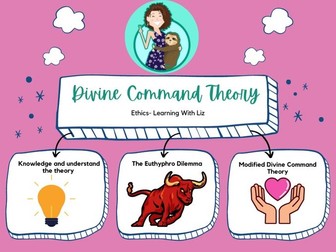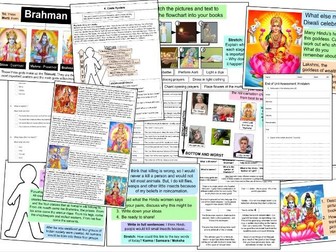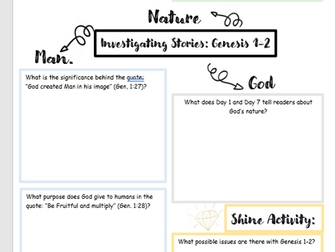
Ancient Greek: Plato and Aristotle - WHOLE UNIT! (A-Level RS OCR)
Complete unit of work for the teaching of Ancient Greek Influences, focusing on Plato and Aristotle. This was created for the A-Level Religious Studies OCR.
The resource includes PowerPoint slides for a series of lessons covering the whole unit, plus a student booklet made alongside the PowerPoint to encourage student-led learning. The booklet includes a wide range of activities to test and demonstrate knowledge and understanding.
The resource covers all key points on the spec, including Plato’s theory of the forms and analogy of the cave, Aristotle’s four causes and the Prime Mover, concluding in evaluation of both theories and comparison of the two.
Also included in this resource package is an A3 revision sheet for comparison of the theories plus an A3 revision map breaking the unit down into clear sections; a knowledge test, with answers included; an example essay with clear structuring and example points to support students.
If you find this resource helpful or have any further comments, please let me know.
Happy teaching!
